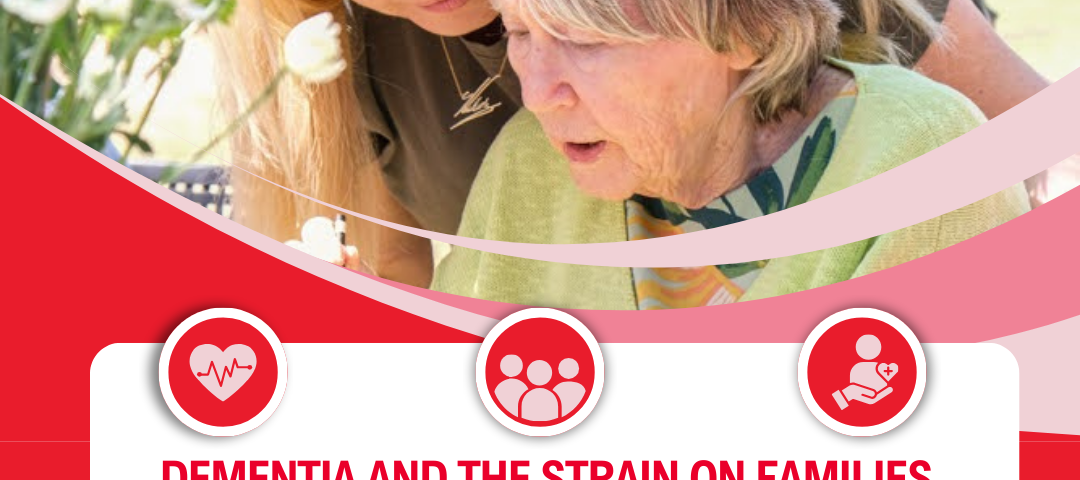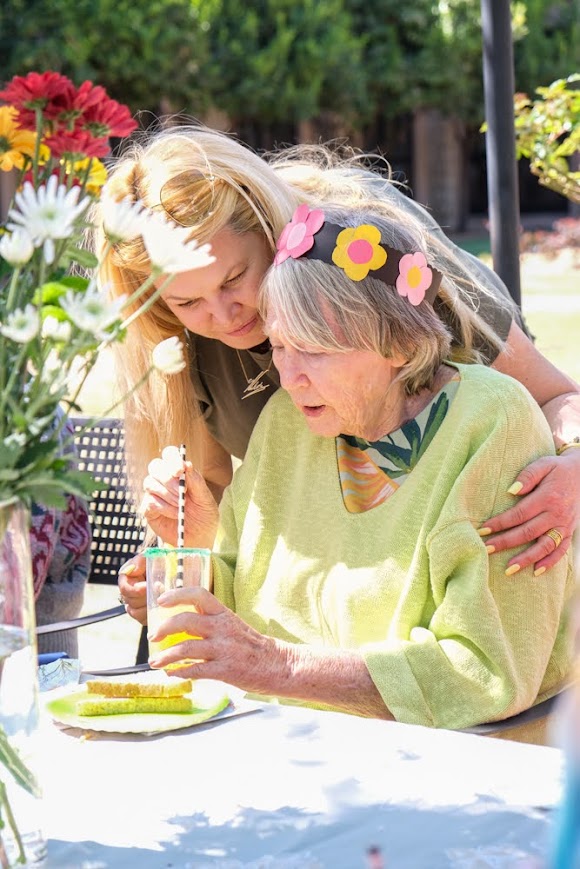
Dementia doesn't just affect the individual with the condition; it profoundly impacts their family members, who witness the progression of the illness. As dependency increases and behaviors change, family members, often spouses and adult children, step into caregiving roles, necessitating extensive coordination and communication to meet the needs of their loved one with dementia.

Globally, approximately 50 million people were living with dementia in 2018, translating to millions of families navigating the challenges brought on by this disease. Family caregivers, driven by a desire to provide care, often face significant emotional and physical strain due to the complexities of dementia care. Stress, depression, anxiety, and a diminished quality of life are common outcomes among caregivers, highlighting the urgent need for supportive interventions.
The dynamics within families caring for someone with dementia can lead to underlying conflicts. Research has identified conflicts stemming from issues like financial support, differing opinions on care decisions, and familial rivalries.
These conflicts are compounded by the emotional strain of balancing what's perceived as best for the person with dementia. Navigating decisions about day-to-day responsibilities versus major decisions, such as transitioning to a care facility, can be particularly challenging for families.
These conflicts are compounded by the emotional strain of balancing what's perceived as best for the person with dementia. Navigating decisions about day-to-day responsibilities versus major decisions, such as transitioning to a care facility, can be particularly challenging for families.
These discussions require open dialogue and cooperation among family members, aimed at aligning decisions with the preferences and values of their loved one with dementia.
At TOTALCARE, we recognize the emotional and logistical complexities families face when caring for a loved one with dementia. We encourage you to reach out to us to discuss your loved one's care needs. Our goal is to provide compassionate support and peace of mind, ensuring your family member receives the best possible care.
To find out more about our Dementia Care, click here.
